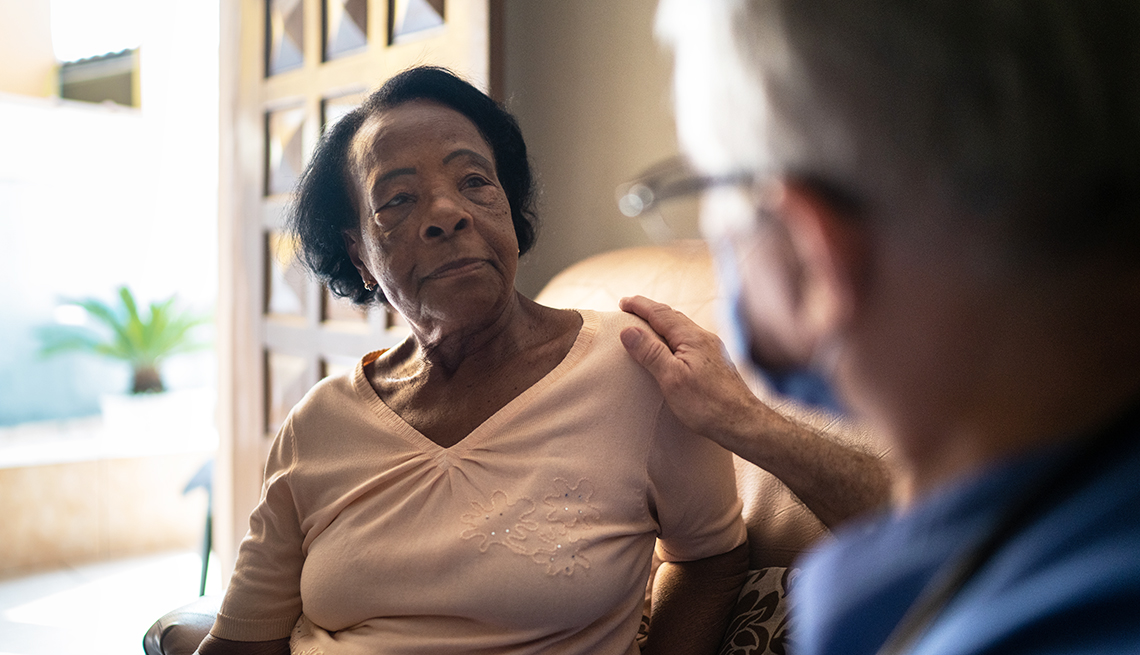Staying Fit
For the estimated 6 million older Americans living with Alzheimer's disease, race and ethnicity are a barrier to quality medical care, according to a new report from the Alzheimer's Association.
The special report on “Race, Ethnicity and Alzheimer's in America” found that 66 percent of Black Americans believe it would be hard for them to get what they perceive as “excellent” care for the brain disease. That view was shared by 40 percent of Native Americans, 39 percent of Hispanics and 34 percent of Asian Americans. All were also likely to distrust medical research and unlikely to believe health care professionals empathize with them.


AARP Membership— $12 for your first year when you sign up for Automatic Renewal
Get instant access to members-only products and hundreds of discounts, a free second membership, and a subscription to AARP the Magazine.
"Clearly, discrimination, lack of diversity among health care professionals, and mistrust in medical research create significant barriers to care and demand the country's full attention,” Carl V. Hill, Ph.D., MPH, chief diversity, equity and inclusion officer of the Alzheimer's Association, said in a statement.
Alzheimer's and Discrimination
- Thirty-six percent of Blacks, 18 percent of Hispanics and 19 percent of Asians believe discrimination would be a barrier to receiving Alzheimer's care.
- Half or more of non-white caregivers say they have faced discrimination when navigating health care settings for their care recipient.
- Only 48 percent of Blacks and 47 percent of Native Americans feel confident there is access to health care providers who are culturally competent.
- 62 percent of Blacks believe medical research is biased against people of color.
Source: “Race, Ethnicity and Alzheimer's in America"
The special report, which was released in conjunction with the 2021 Alzheimer's Disease Facts and Figures report, contains a trove of information on racial and ethnic disparities related to Alzheimer's disease and dementia gleaned from surveys of U.S. adults and caregivers of adults aged 50 and older with cognitive issues. The surveys were conducted in October and November 2020.
Barriers to quality care
Regardless of race or ethnicity, survey respondents see affordability as the most likely barrier to excellent care and support for Alzheimer's or dementia — ranging from 70 percent of Asians to 52 percent of Blacks. To a lesser extent, Americans also see lack of health insurance coverage, services missing in their community, and a lack of family and community support as likely barriers.



































































